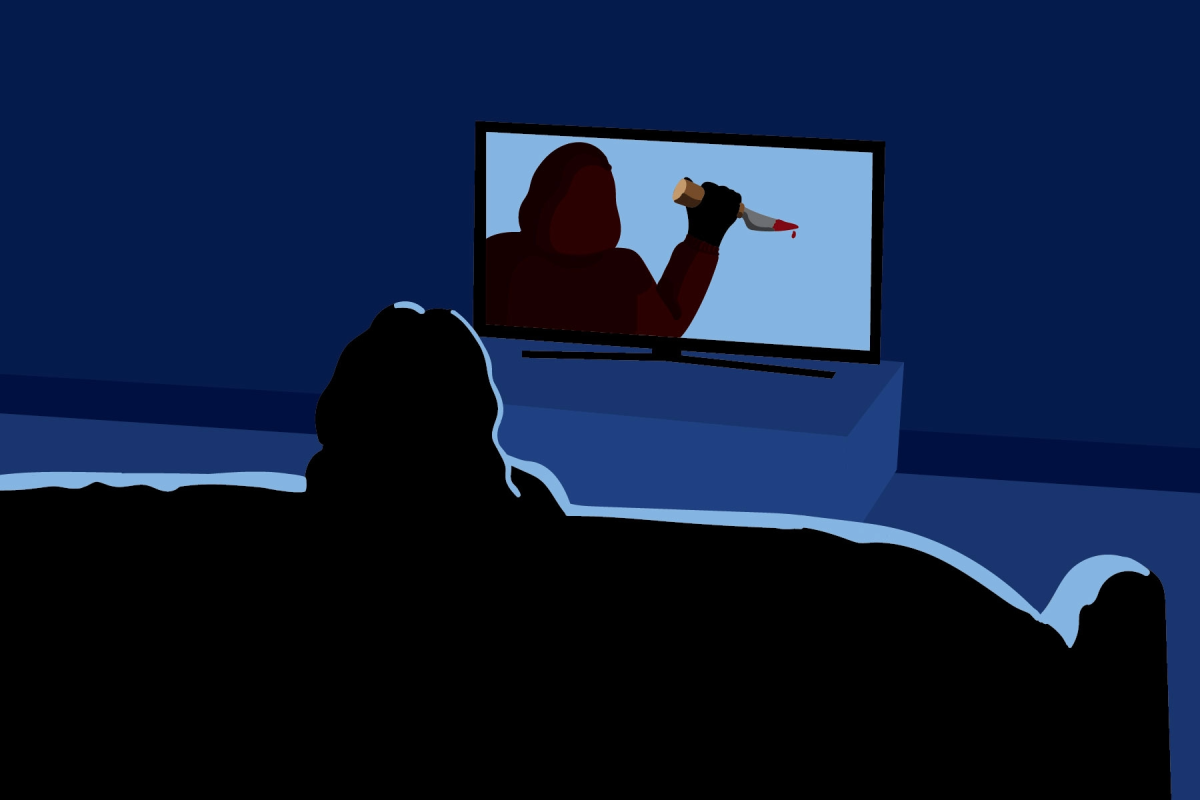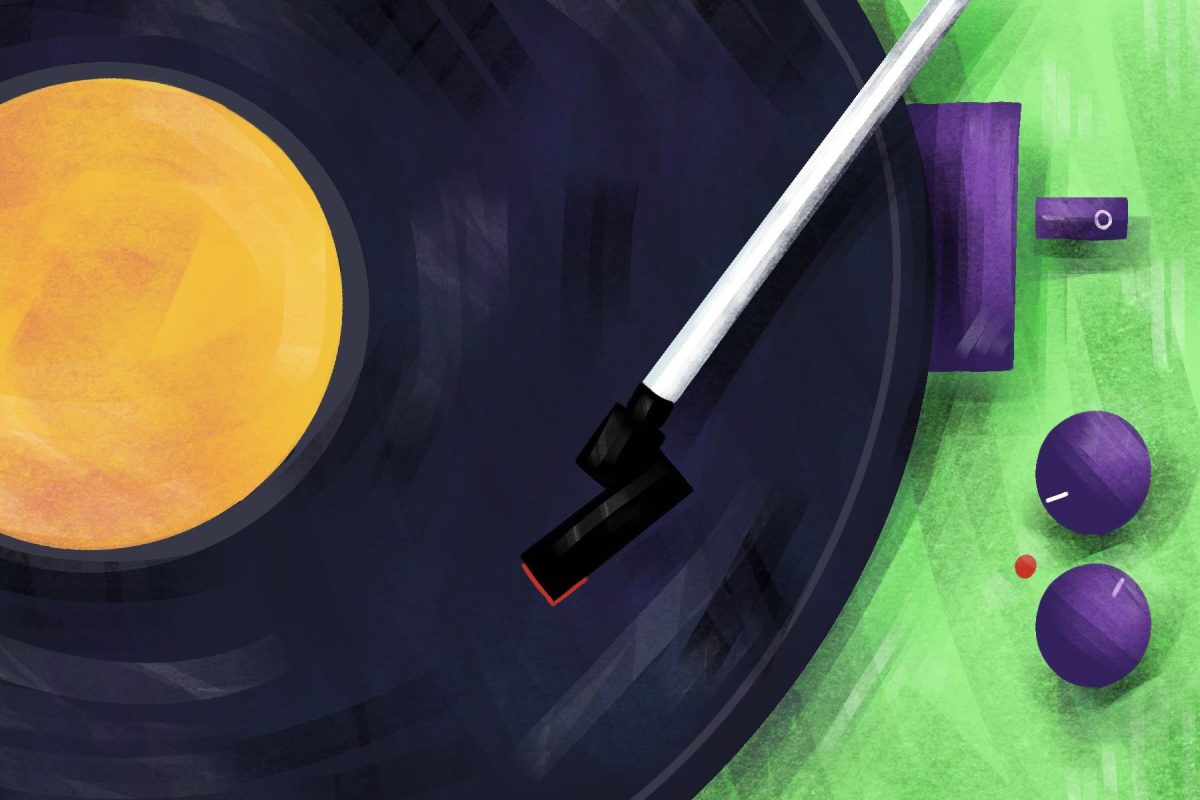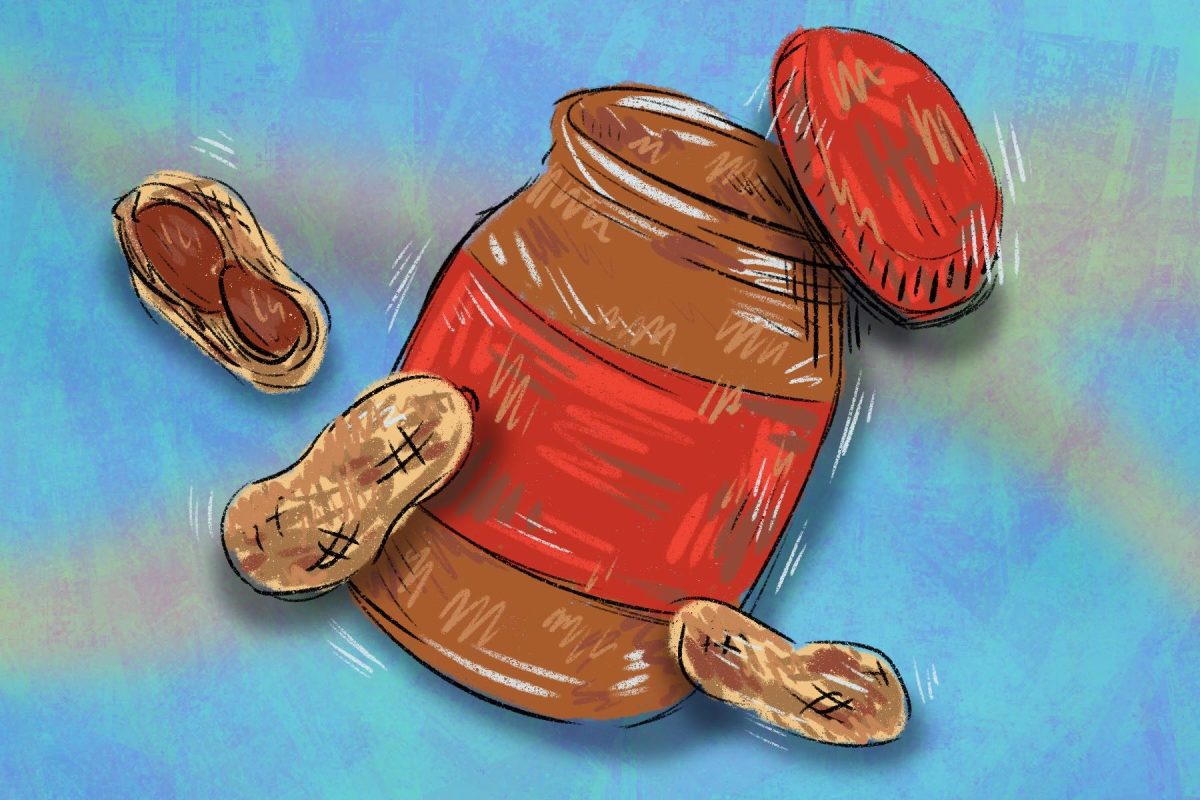In short: While far from perfect, the recent health care reforms will improve a system that is currently beyond broken.
In the pilot episode of Morgan Spurlock’s TV show “30 Days,” the man who brought us “Super-Size Me” lived a whole month on minimum wage. He and his fiancée may have almost broken even for that month, working three jobs between them, if they hadn’t racked up more in medical bills than paychecks.
Spurlock’s month in poverty demonstrates what millions of Americans live with every day. Medical bills can be expensive and disastrous for a family chasing the American dream.
Now, families can find some relief from the constant battle against their medical bills.
The Patient Protection and Affordable Care Act, which President Barack Obama signed Tuesday, will greatly improve the affordability of health insurance and eliminate a few obstacles that keep certain groups of Americans from being able to have health insurance to begin with.
In the past, those who had pre-existing medical conditions could be denied coverage by insurance companies merely because they were already sick. Being ill does not make a person a second-class citizen, and insurance companies will no longer be able to treat them as such. People who were diagnosed with diseases like diabetes, childhood cancer or other illnesses while still on their parents’ insurance will now be able to receive coverage once they get insurance of their own later in life.
The requirement that insurance companies allow children on their parents’ insurance until age 26 will make life much easier for our generation. With a global economy that requires increasingly advanced levels of education, today’s students will be able to make it through graduate school without having to worry about paying for insurance of our own. The old system punished students who sought postgraduate education and made it even more of a luxury than it already was.
Yes, this new law will raise taxes, but it will not raise taxes on those who are at risk. A slight tax increase on those who make over $200,000 can hardly be said to be oppressive, especially considering it is paying for policies that will save all Americans money and stimulate the economy.
One of the most talked about issues in the bill is the requirement that all Americans have health insurance. The penalty for not having health insurance will be 1 percent of income until 2014, when it will increase to 2.5 percent of income. This is a small price compared to the extensive cost of health insurance and is logical, considering that the costs of emergency care for the uninsured are often paid through higher taxes, bills and premiums.
The extensive and deceitful campaign against this legislation has cast many doubts among Americans, but those should not detract from the good that can be done. Talk of “death panels” and “socialism” makes it nearly impossible to have an intelligent, decent public discourse about any issue. Claims of socialism also ring especially hollow when said in the same breath as criticism of reductions in Medicare funding. It’s quite hypocritical to denounce a “government takeover” of health care while also praising a government-run health care plan.
Regardless of the attitudes Americans have toward this reform, only time will tell if it is the right prescription for America’s woes.
Our View is the consensus of The Crimson White editorial board.








